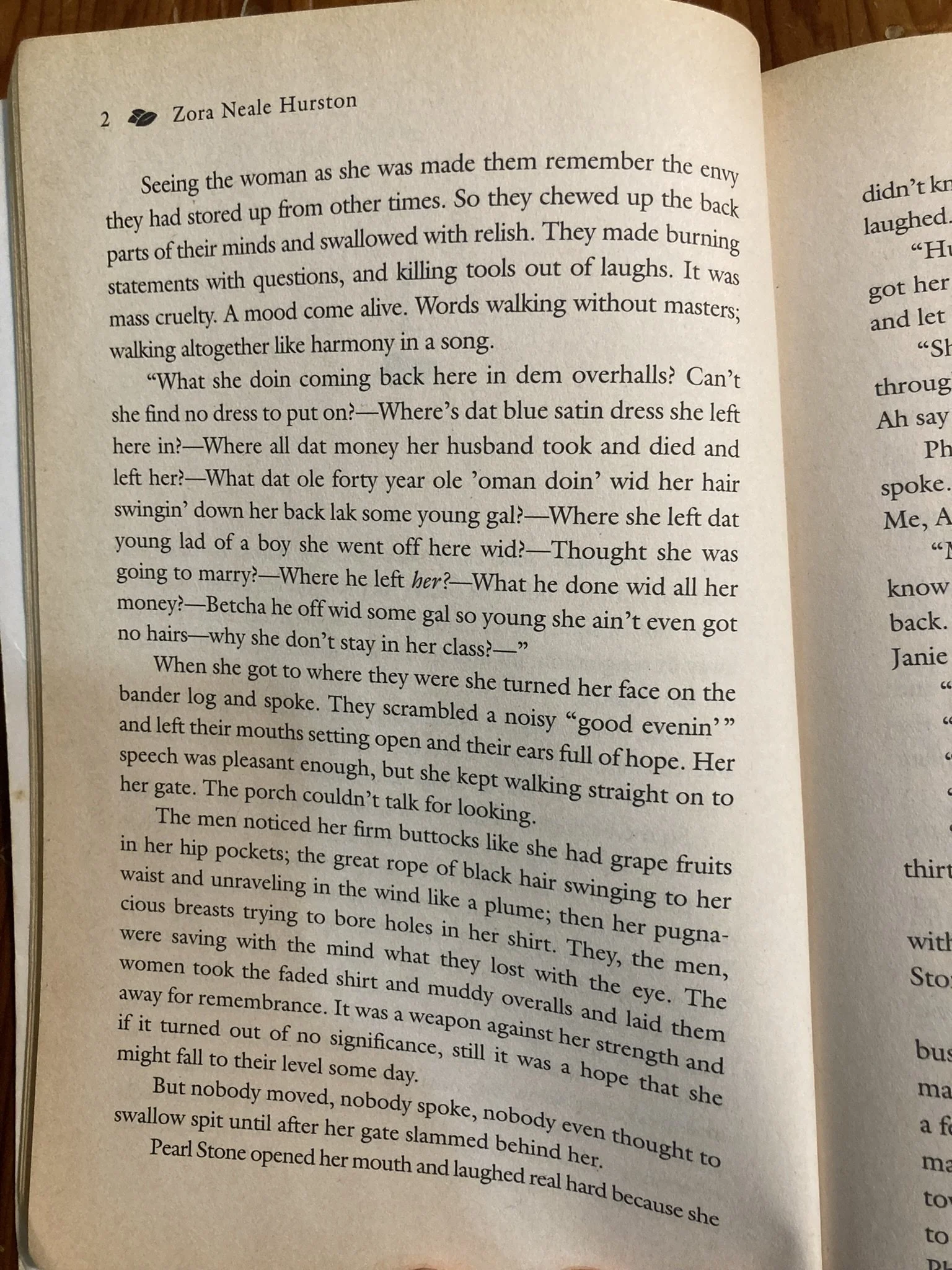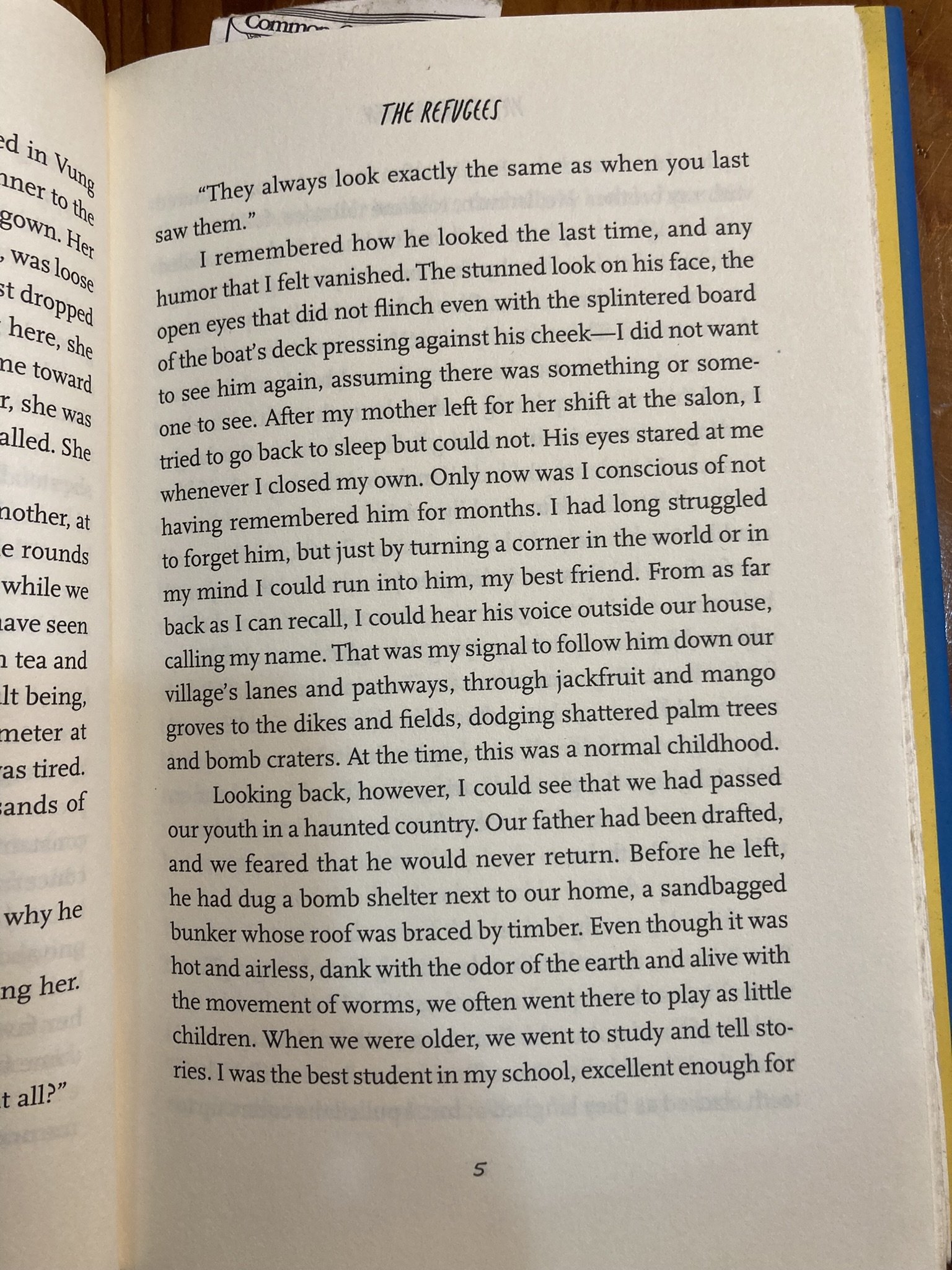I can’t believe I’m having to write this, but here we are. Of course, I also didn’t expect that one of the first uses of gen ai would be to replace writers because the people building ai were jealous of people who could write or make art. (To be fair, if you can draw, I’m probably jealous of you too.)
Anywho, apparently now it’s a thing where using an em dash (—) is now a “clear cut sign of using ChatGPT.” Lol. Ok.
I don’t even know where to begin with a statement like that, but it’s all over Reddit, and I was alerted to this new belief by a LinkedIn post from Jenni Hill, who was told this by her proofreader.
I read comments such as, “using em dashes without spaces between them is an American thing, and a clear cut sign of ai because even Americans don’t use em dashes.” Oh boy. Have I got news for them. I personally use em dashes all the time. I don’t think I’ve ever submitted a blog to a client (or a website, case study, or even whitepaper) without at least one em dash.
But really, here’s the thing. ChatGPT and all gen ai has been illegally trained on copyrighted materials—in other words and in many cases at least, good writing. And good writing often uses em dashes. I mean after all, it’s just punctuation. And punctuation has its uses. That’s why it exists. So of course gen ai is going to use em dashes. It was trained on them.
For me personally, I have a degree in Creative Writing. I guess you could say I was trained on good writing, too. So I did what anyone with bookcases does after reading horseshit takes like that, and as a way to defend all writers and their freedom to write well—I started pulling out books and finding examples.
I need you to understand how little effort went into finding these examples. The most effort involved stopping, because once you start pulling books off the shelves, it’s hard to stop. In most cases here, I either opened to the beginning of a book and immediately found an example, or I opened to a random page in the middle and immediately found an example.
I also tried to find some variation and diversity in writers and where they come from, to show that using an em dash (or insert whatever is next going to be accused of a clear cut sign of using ai) is simply part of good writing.
So without further ado, here are a bunch of examples of good writers using em dashes. And the next time someone says that only gen ai uses them, point those people here. Because they’re wrong.
(Ordered chronologically by publication.)
Mark Twain, A Connecticut Yankee in King Arthur’s Court
I figured going back to Twain was far enough to prove the point. It was published in 1889.
F. Scott Fitzgerald, The Great Gatsby
Published in 1925, this random page doesn’t just use em dashes, you’ll also see hyphens and a beaut of a double em dash. Just look at that. Isn’t it gorgeous? (And yes, it was basically impossible to find a page example that didn’t have underlining in this book.)
Zora Neale Hurston, Their Eyes Were Watching God
I had to open real far to find em dash examples here. Anyway, this was published in 1937. I’ve always loved this book. She was a helluva writer.
Tom Wolfe, The Electric Kool-Aid Acid Test
Published in 1968. ChatGPT says what?
Fyodor Dostoevsky, Crime and Punishment
Yeah it’s the oldest one here, published in 1866. But it was also written in Russian. So I went with the publication year of the definitive translation from Richard Pevear and Larissa Volokhonsky in 1992.
Seamus Heaney, Open Ground, Selected Poems 1966-1996
From the Irish poet. Published in 1998. Team em dash.
Douglas Adams, Life, The Universe and Everything (from The Ultimate Hitchhiker’s Guide to the Galaxy)
So some opinions on em dashes without spaces between them are that they’re an American thing, and that Brits don’t do this. I have no idea. But in the Hitchhiker’s Guide complete collection, you can find its usage easily. Of course, there could be a couple things going on here. Yeah, Adams was English. And I bought this collection in the US. So was the text adjusted for a US reader base? Maybe. I don’t know. Anyway, the individual book this came from was published in 1982, and the complete collection I have was published in 2002. So in case there was any adjustment between then, I went with the later date.
William Trevor, The Story of Lucy Gault
No em dashes! Nope. Trevor was Irish, and unlike Heaney, he obviously preferred an en dash (-) with spaces around it. So yes, using an em dash is not the only way. Anyway, this was published in 2002.
Hunter S. Thompson, introduction to The Gospel According to ESPN: Saints, Saviors & Sinners
I don’t know if I need to say much at this point. Thompson leaned heavily on the em dash. Anyway, this was also published in 2002.
Marlon James, A Brief History of Seven Killings
This was published in 2014 by the Jamaican writer.
Viet Thanh Nguyen, The Refugees
The Vietnamese born writer published this collection of short stories in 2017.
Katherine Hayhoe, Saving Us
The climate scientist published this in 2021.
Alden Wicker, To Dye For
The fashion journalist and investigative reporter published this in 2023.
Ok. Hopefully it’s abundantly clear that using em dashes isn’t a sign of getting ai to do the work. So whether you’re a writer needing to defend yourself, or you’re a publisher wondering if your writer shopped their piece out to gen ai, here you go.













